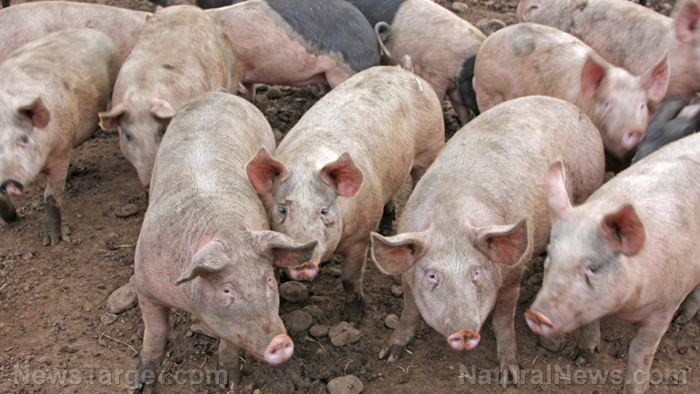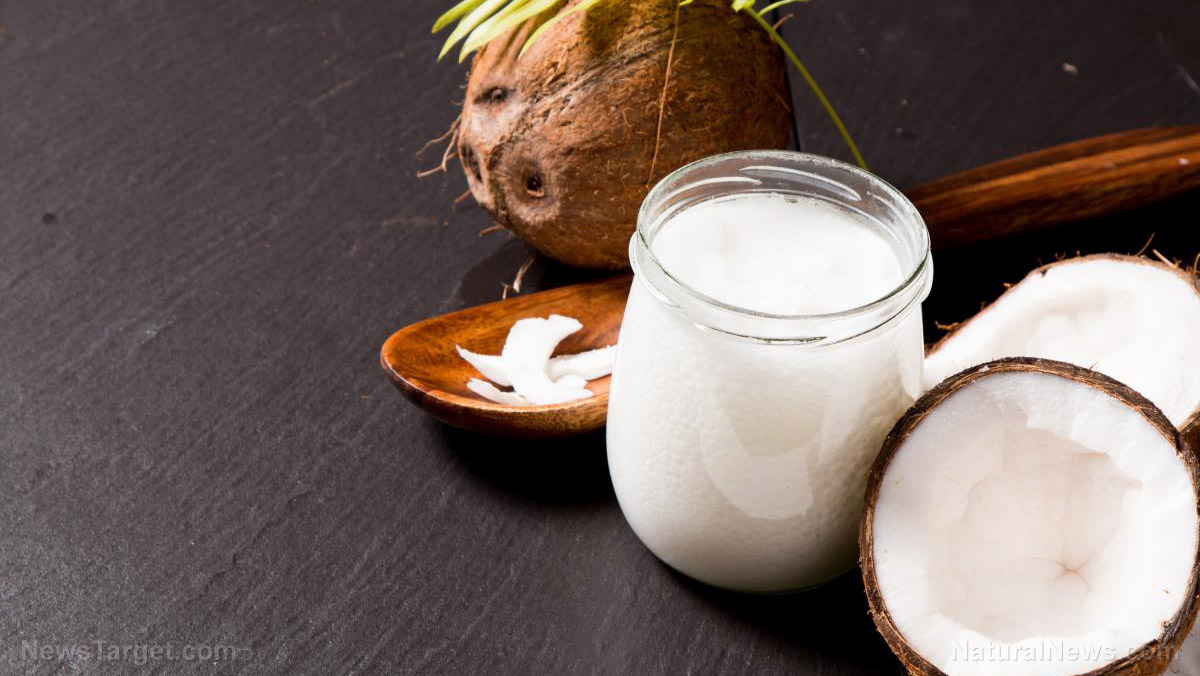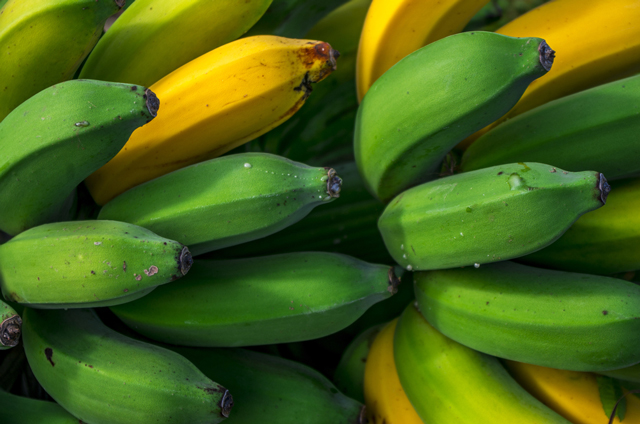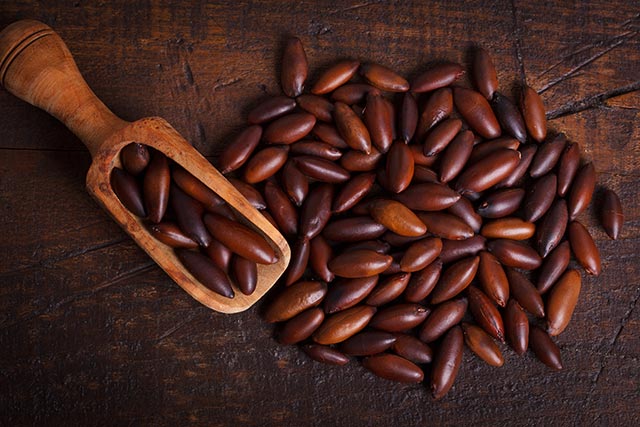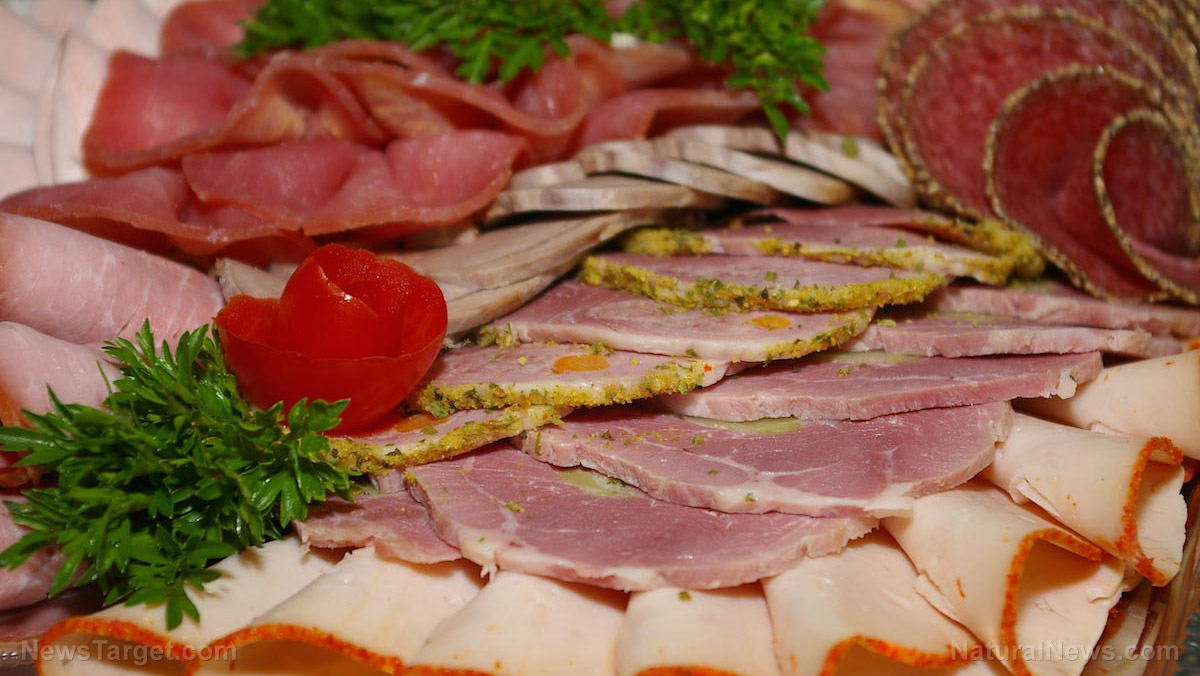Are your food habits causing you to lose sleep? Expert says what you eat and WHEN you eat it are key, reveals 7 eating habits that could be giving you insomnia
01/26/2018 / By Michelle Simmons

If you are having a hard time falling asleep at night or if you wake up easily, it may be because of what you ate and when you ate it. Jackie Lynch, a registered nutritional therapist and author based in London, shared seven eating habits that people make that affect their sleep quantity and quality.
-
High consumption of sugary foods and refined carbohydrates – Eating a lot of sugary foods and refined carbs will increase your blood sugar levels. In turn, going to bed with high blood sugar will trigger the insulin response that eliminates sugar from the blood and cause the blood sugar to drop. On the other hand, going to bed with low blood sugar levels will create an emergency response, which releases the stress hormones cortisol and adrenaline, putting the body into red alert. These will either wake you up or cause you to have a very restless sleep, making you feel tired and not feeling fresh in the morning.
-
Drinking caffeinated drinks before going to bed – Caffeine is a strong natural stimulant that can interrupt the functioning of nervous system, and is a common cause of insomnia. Typically, the body takes around four to six hours to process caffeine. Thus, people who are hypersensitive to caffeine will process caffeine longer and may cause them to experience palpitations, nervousness, and insomnia.
-
Drinking alcohol late at night – Some people have the habit of drinking a glass of wine or any alcohol to help them fall asleep faster. However, this has a side effect. Alcohol contains a sedative effect that affects the quality of sleep by interrupting sleep cycles, which in turn causes restlessness and makes you feel tired and jaded in the morning. In addition, the high levels of sugar in most alcoholic drinks or mixers disrupt blood sugar, causing more sleep problems.
-
Eating fermented, cured, or aged foods – Fermented, cured, or aged foods, such as strong cheeses, salami, pickles, and kimchi contain tyramine, which prompts the release of the neurotransmitter noradrenaline. This turns on the arousal mechanisms in the brain, causing an increased heart rate and blood pressure and the “fight or flight” response.
-
Eating processed foods – Most processed foods such as ready meals, chicken nuggets, or chips contain monosodium glutemate (MSG), which is used as a flavor enhancer. MSG consumption causes side effects in some people. It can cause insomnia-inducing palpitations, headaches, fatigue, and muscle pain.
-
Taking B vitamins after 4 p.m. – B vitamins are important for the production of energy in the body. However, they may have an over-stimulating effect that could affect your sleep if taken in the evening.
-
Eating heavy meals – A person who has a sensitive digestion and encounters acid reflux or bloating are more likely to have insomnia. Eating heavy meals which include red meat, cheese, cream, or spices can lead to indigestion, which in turn can keep you awake.
According to the Centers for Disease Control and Prevention (CDC), one in every three adults in the U.S. do not get enough sleep. Adults aged 18 to 60 years must sleep for at least seven hours each night to enhance health and well-being. Consequently, not getting enough sleep can increase the risk of developing chronic conditions, which include obesity, diabetes, high blood pressure, heart diseases, stroke, and often mental distress. (Related: 5 Plant-Based Foods to Help You Sleep.)
Read more stories on food and how it affects health at FoodScience.news.
Sources include:
Tagged Under: diet, Eating, eating habits, food, food habits, food science, insomnia, mind-body medicine, sleep, sleep problems




